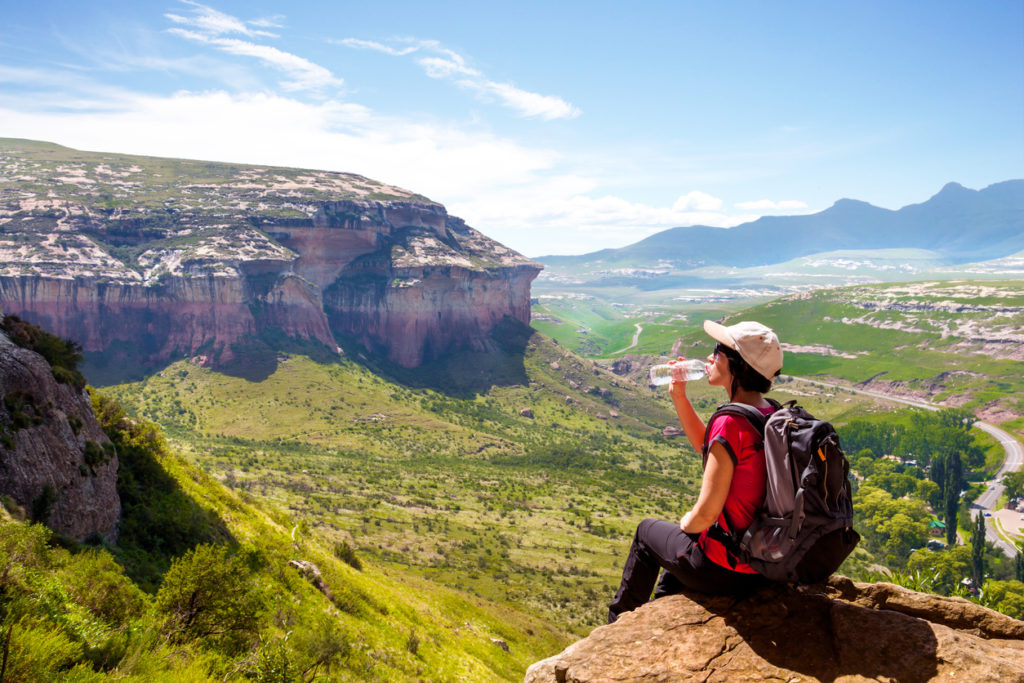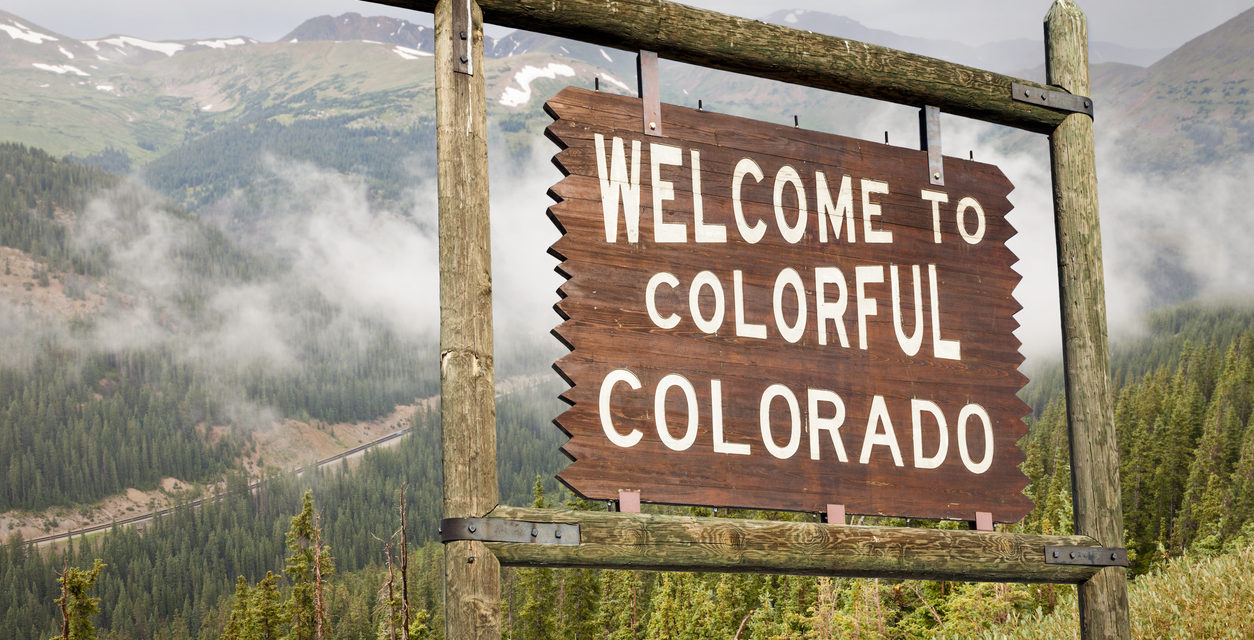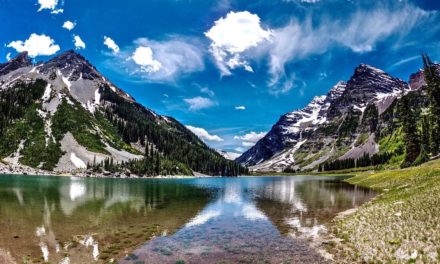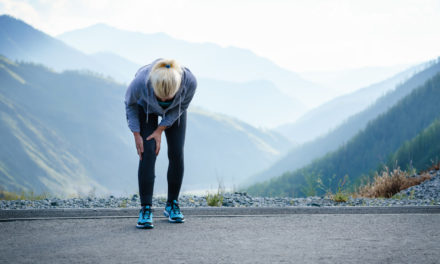Staying hydrated is important, especially in places with higher elevations like Colorado. Altitude sickness is often a result of dehydration and is accompanied by symptoms of fatigue, dizziness, lack of appetite, and headaches. To ensure you are staying hydrated, here are 4 tips to avoid altitude sickness when traveling to higher altitudes.
1. Drink Water
Stay hydrated and feel your best at high altitudes by regularly drinking water. It is also advised to drink plenty of fluids 3-4 days prior to traveling to help prevent altitude sickness. Sports drinks like Gatorade or all-natural options like coconut water are great alternatives and fuel your body with electrolytes for better hydration. You can even save money by using a reusable water bottle like a Yeti or Hydroflask.

Photo Credit: karelnoppe (iStock).
2. Limit Caffeine
As for coffee lovers, when traveling to higher altitudes you will want to reduce your caffeine intake. Caffeine has mild diuretic effects meaning when you drink coffee it dehydrates your body. Try to avoid or limit caffeine as well as alcohol to help stay hydrated more easily. Drinking lots of water throughout the day is really your best bet to stay fully hydrated and avoid the possibility of altitude sickness.

Photo Credit: maroznc (iStock).
3. Take it Easy
A general rule of thumb to prevent altitude sickness is to ease slowly into physical activity. At higher elevations of 5,000 feet or more, your body has to work harder because there is less oxygen in the air for you to breathe. Depending on your level of fitness, give yourself some time to feel acclimated to the transition of higher altitudes. After all, there’s a reason the U.S. Olympic Training Center is located in Colorado Springs, Colorado.

Photo Credit: praetorianphoto (iStock).
4. Dress in Layers
Dressing in layers will keep you better prepared for unforeseeable weather conditions, which is very common in Colorado. Layering allows you to stay warm in the early mornings when temperatures are cooler while feeling comfortable in the afternoon sunshine. In addition to dressing properly, be sure to frequently apply sunscreen due to less protection from the sun at higher altitudes.

Photo Credit: Creative-Family (iStock).
Don’t let altitude sickness keep you from your next best adventure. Use these tips to stay hydrated when traveling to high altitudes and you’ll be sure to have an epic stay!
 Photo Credit: marekuliasz (iStock).
Photo Credit: marekuliasz (iStock). 



Comment on: How to Avoid Altitude Sickness When Traveling